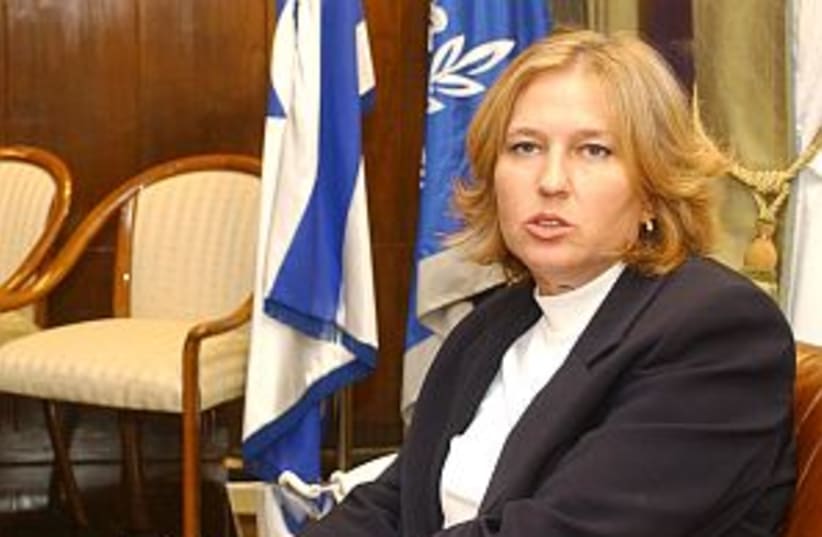| JPOST.COM HIT LIST | |
| JPost.com's most popular articles this past week |
Comptroller slams Foreign Ministry
Report highlights failures in administration of manpower and appointments.


| JPOST.COM HIT LIST | |
| JPost.com's most popular articles this past week |